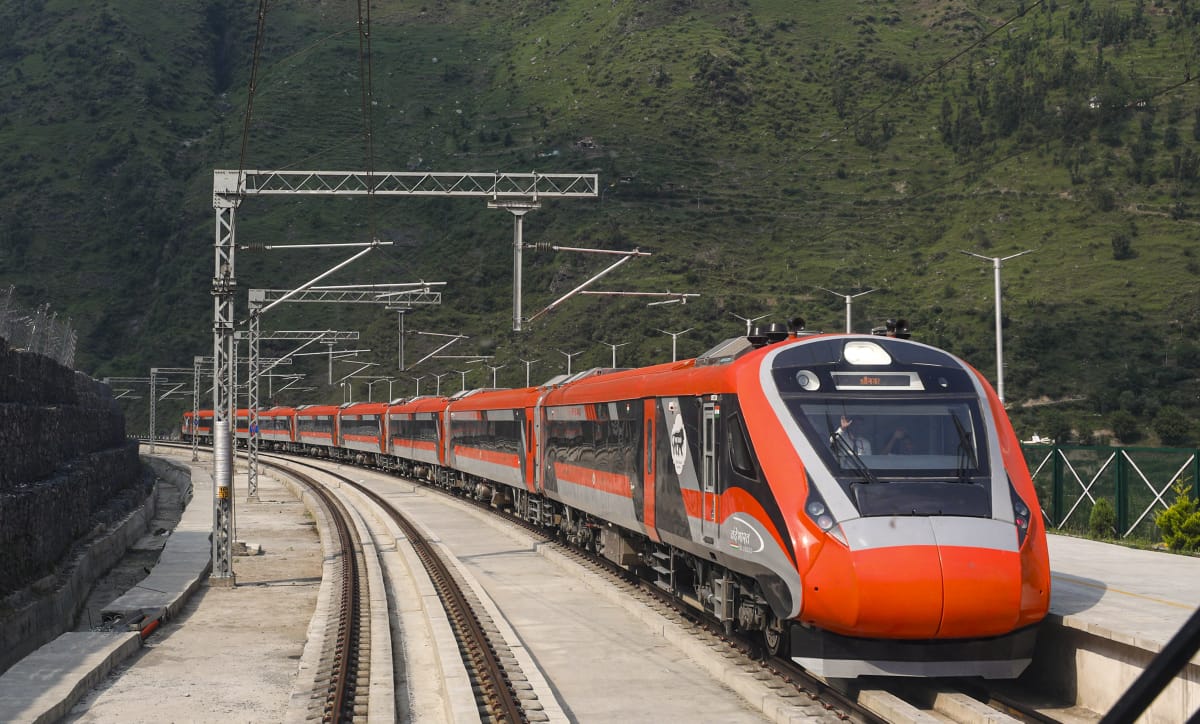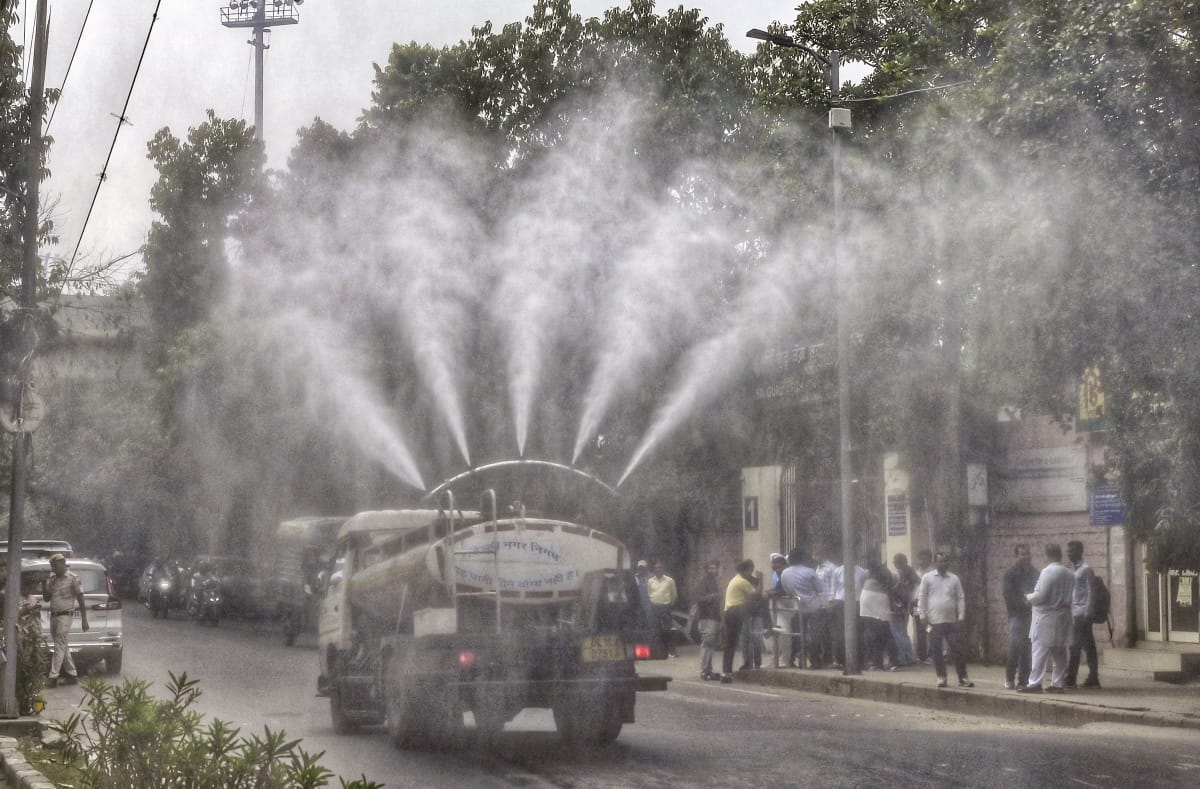Islamabad, April 17: Pakistan on Tuesday rejected as "falsehood" the Indian charge of "attempts to incite Sikh pilgrims" to raise the issue of Khalistan.
Foreign Office spokesperson Mohammed Faisal "categorically rejected Indian allegations" in a series of tweets, a day after India summoned Pakistan's Deputy High Commissioner and lodged a strong protest over attempts being made to raise the Khalistan issue during the visit of Sikh pilgrims to that country.
"By spreading such falsehoods, India stokes the controversy regarding visit of Sikh pilgrims, attending the Baisakhi and Khalsa ceremonies in Pakistan," tweeted Faisal.
He said: "Pakistan welcomes Hindu and Sikh pilgrims from all over the world, including India. Pakistan has made arrangements to extend maximum facilitation to the visiting Sikh pilgrims during their visits to sacred places in Pakistan."
According to the Indian External Affairs Ministry, around 1,800 Sikh pilgrims have been travelling to Pakistan from April 12 under a bilateral agreement on facilitating visits to religious shrines.
India, on Sunday, protested to the Pakistan foreign office that visiting Sikh pilgrims to Pakistan were not allowed to meet the Indian high commissioner and other Indian diplomats. MEA said Indian diplomats were forced to turn back when they went to meet the pilgrims at the Punja Sahib gurudwara.
India called it "inexplicable diplomatic discourtesy", pointing out that this amounted to a "clear violation of the Vienna Convention of 1961, the bilateral Protocol to visit Religious Shrines, 1974 and the Code of Conduct (for the treatment of diplomatic/consular personnel in India and Pakistan) of 1992".
Faisal tweeted that Pakistn "remain committed to continuing such cooperation, which is in line with our religious ethos, traditions of hospitality, and provisions of the 1974 Protocol on Visits to Religious Shrines. No amount of Indian propaganda could succeed in turning this right into a wrong," tweeted Faisal.
He further said that India "should respect international and inter-state norms, respect all religions, especially minorities, and refrain from indulging in pointless provocation which only vitiates an already charged environment to the detriment of all".
Pakistan categorically rejects Indian allegations of “attempts to incite Indian pilgrims” on the issue of ‘Khalistan.’ By spreading such falsehoods, India stokes the controversy regarding visit of Sikh pilgrims, attending the Baisakhi and Khalsa ceremonies in Pakistan 1/7
— Dr Mohammad Faisal (@DrMFaisal) April 17, 2018
Let the Truth be known. If you read VB and like VB, please be a VB Supporter and Help us deliver the Truth to one and all.
New Delhi: IRS officer Sameer Wankhede has submitted his reply to the Delhi High Court in the defamation case he filed against Red Chillies Entertainment, the production company owned by actor Shah Rukh Khan. The case pertains to the recently released series The Ba**ds of Bollywood*, which Wankhede claims has defamed him.
In his statement to the court, Wankhede asserted that the show’s portrayal of a police officer is clearly based on him and has caused serious harm to his public image. He cited four key reasons supporting his claim.
First, he said the character in question bears physical similarities to him, including facial and body features. Second, he noted that the character’s working style and mannerisms closely resemble his own.
Third, Wankhede highlighted that the officer in the show is depicted making a high-profile arrest involving a major film personality, which he said directly mirrors his own involvement in the Aryan Khan drug case.
Fourth, he pointed out that the character frequently uses the phrase “Satyameva Jayate,” a motto he himself had used during media interactions in the course of that investigation. He argued that using the national motto in such a context cannot be dismissed as creative expression or humour.
Wankhede also referred to an interview in which Aryan Khan allegedly admitted that the show was “inspired by some real events.” This, he said, contradicts Red Chillies Entertainment’s claim that The Ba**ds of Bollywood* is purely fictional.
He further alleged that the tone and intent of the series indicate personal and institutional vendetta, aimed at discrediting and defaming him rather than engaging in artistic storytelling.
Wankhede informed the court that the fallout from the show has affected his family, with his wife and sister receiving abusive and vulgar messages online.
Rejecting Red Chillies’ argument that he is a “thin-skinned” officer, Wankhede said that a public servant cannot be expected to tolerate false and damaging portrayals simply because of his position. He emphasized that his legal action seeks to protect the constitutional rights and dignity of both himself and his family.




